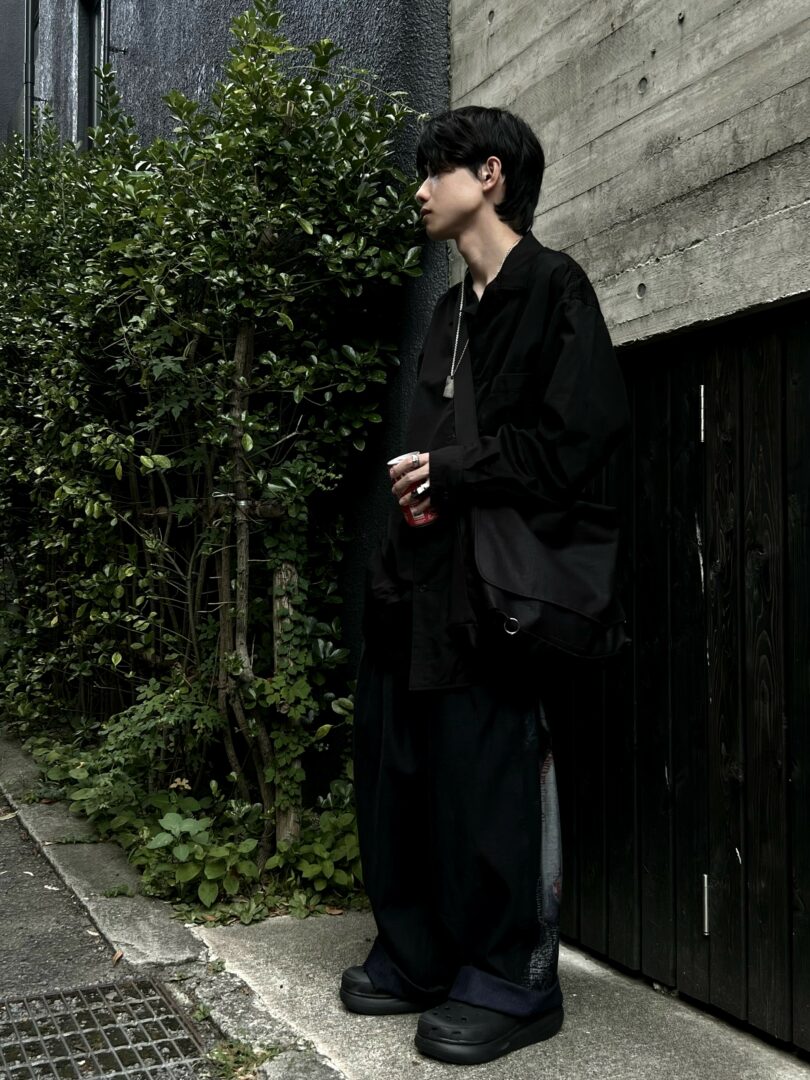Alright – so today we’ve got the honor of introducing you to Zhishen Li. We think you’ll enjoy our conversation, we’ve shared it below.
Zhishen, thank you so much for joining us today. Let’s jump right into something we’re really interested in hearing about from you – being the only one in the room. So many of us find ourselves as the only woman in the room, the only immigrant or the only artist in the room, etc. Can you talk to us about how you have learned to be effective and successful in situations where you are the only one in the room like you?
I often found myself in situations of solitude or complete uncertainty in my professional journey, and these moments seemed to arrive in entirely unpredictable ways. As a recent graduate in Illustration, when I reflect on my academic experience, I realize how much I lacked meaningful interaction with professionals in the industry. The frequent changes in classes and abundance of unstructured time made it difficult for someone like me, who isn’t naturally expressive, to form stable relationships with classmates and teachers, unlike during high school. This lack of communication somehow limited my ability to evaluate my technical skills.
Sitting in my illustration class, I came to understand that it wasn’t enough to only speak with professors. It also demanded actively learning from classmates and studying excellent work to sharpen my visual judgment. I had once believed I had found my personal style and habits, but after emerging from a long period of isolation, I became aware of significant flaws in my practice. Unfortunately, by the time I realized this, it was already relatively late in my studies.
In response, I reminded myself to analyze excellent works from a broader perspective and to extract useful elements as the foundation for my learning. I believe that when we find ourselves in isolated or uncertain positions, the most important things to hold onto are humility and clarity. These two qualities allowed me to rapidly strengthen both my technique and my confidence.
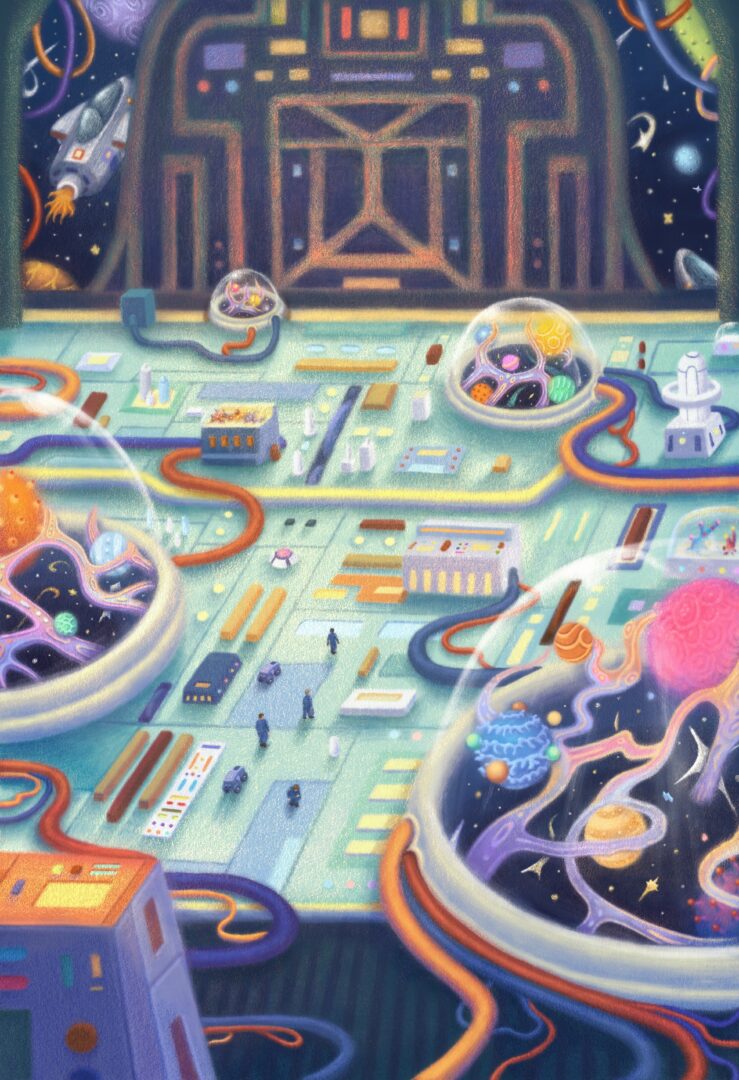
Appreciate the insights and wisdom. Before we dig deeper and ask you about the skills that matter and more, maybe you can tell our readers about yourself?
I grew up in Guangzhou, China, and started drawing pretty early. Mainly imagined cartoon characters on a blackboard at home. That interest stuck with me, and I began formal art lessons when I was nine. I was really into anime and Tokusatsu shows like Ultraman and Kamen Rider, and those “heroes” and “monsters” became my first creative inspirations. As I got older, I was drawn to sci-fi stories about space and the unknown, which pushed me to start building my own imagined worlds. I began designing ecosystems, characters, and creatures. I often start with detailed features like tentacles, exoskeletons, or compound eyes, combining elements of scientific illustration with picture book. I try to keep the style simple but memorable, and that whole process of world-building has always been a way for me to explore my curiosity and love for the unknown.
When it comes to developing my visual style, I have taken many detours. I was having a hard time searching for a distinct voice. During my time at university, I began to explore this more seriously. After discovering digital painting, I experimented with various brushes and eventually became drawn to the airbrush tool. It heightened my sensitivity to light and shadow, sparking an interest in rendering form and atmosphere. This tool became central to how I expressed the dreamlike, soft-edged language of my sci-fi visuals. However, I gradually noticed its limitations in the digital medium. It often made the colors appear muted and the overall tone overly restrained. In response, I shifted toward pencil brushes and began simplifying my color palette for clarity and vibrancy. Through extensive trial and error, alongside analysis of strong trendy illustrations, I slowly refined a style that combined bold color, clear form, and personal expression. This journey taught me the true value of refining a work to completion.
As an illustrator, I often introduce myself as an artist who builds imaginative worlds and also reflects on themes of innocence, purity, and the inner emotional realm. I aim to express these ideas through my unique visual language. Every element I create is both part of my stylistic language and a tool for conveying thought. In my senior thesis, I did a children’s book titled “Nova”, I used the perspective of a curious child exploring the unknown to express anxiety and courage in the face of uncertainty. In my recent illustration project “Baku”, I imagined a dreamlike world inhabited by mythological “dream-eating” creatures, visualizing what our dreamscapes might look like. I’ve always aspired to use fantasy to construct places and emotional states that we don’t often reach in real life.
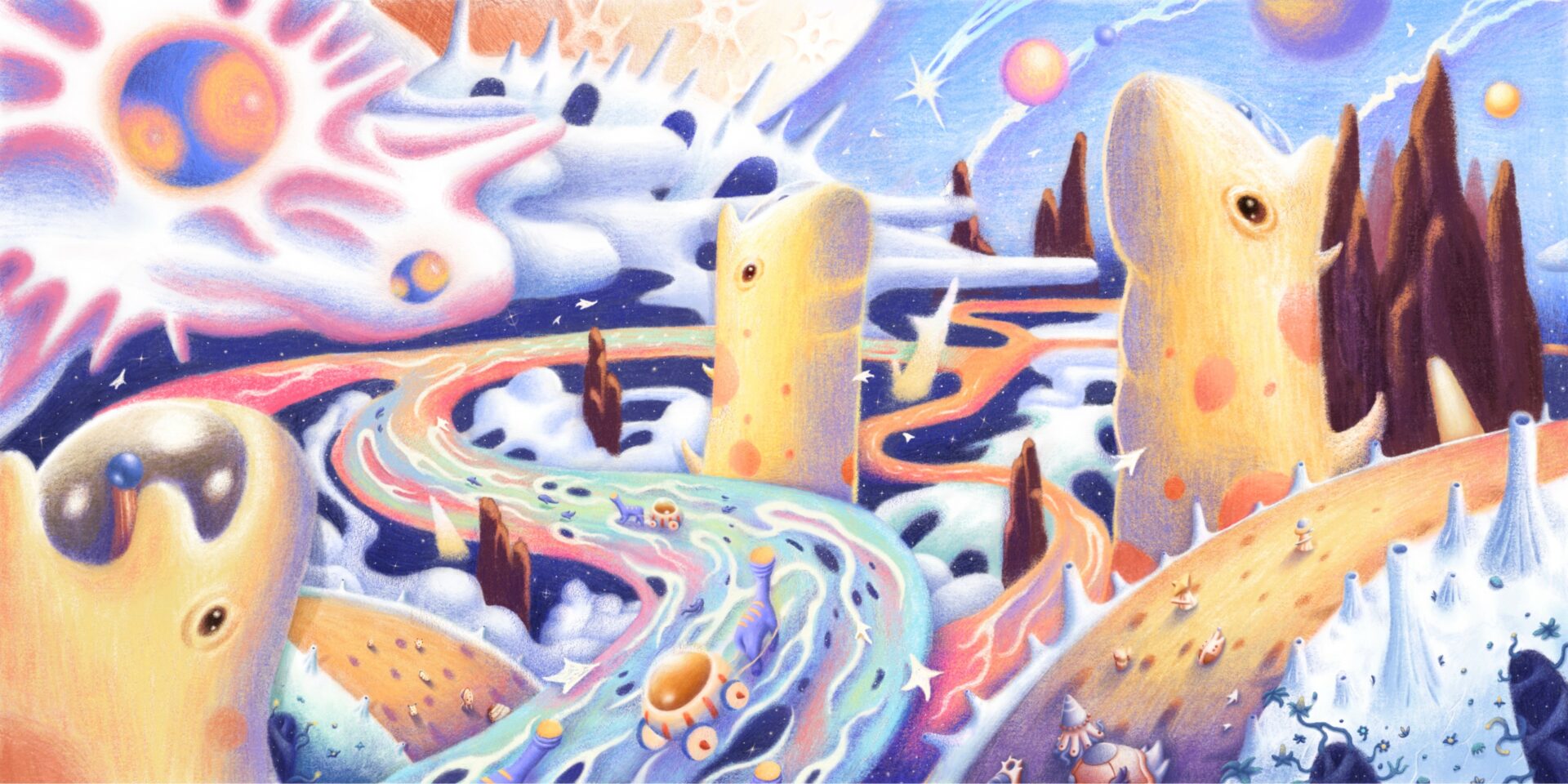
Looking back, what do you think were the three qualities, skills, or areas of knowledge that were most impactful in your journey? What advice do you have for folks who are early in their journey in terms of how they can best develop or improve on these?
I think the three most important qualities I’ve gained on my journey are humility, reflection, and confidence. Humility helps me constantly examine myself and stay open to learning. Then comes reflection. It helped me to accept my limitations and calmly think through how to improve. It had opened up more room for growth. For a long time, I wasn’t actually thinking about how to get better. But once I started looking at more great work out there, I learned to compare and study how others approach it, and that really helped me identify and confront my weaknesses.
Most importantly, confidence. Not blind confidence, but the kind that lets you believe in yourself even before the results show up. Sometimes you just need to trust that you can do something, even if you haven’t done it yet. Whether in art or any other field, often what we really need is just to give ourselves more time and patience.
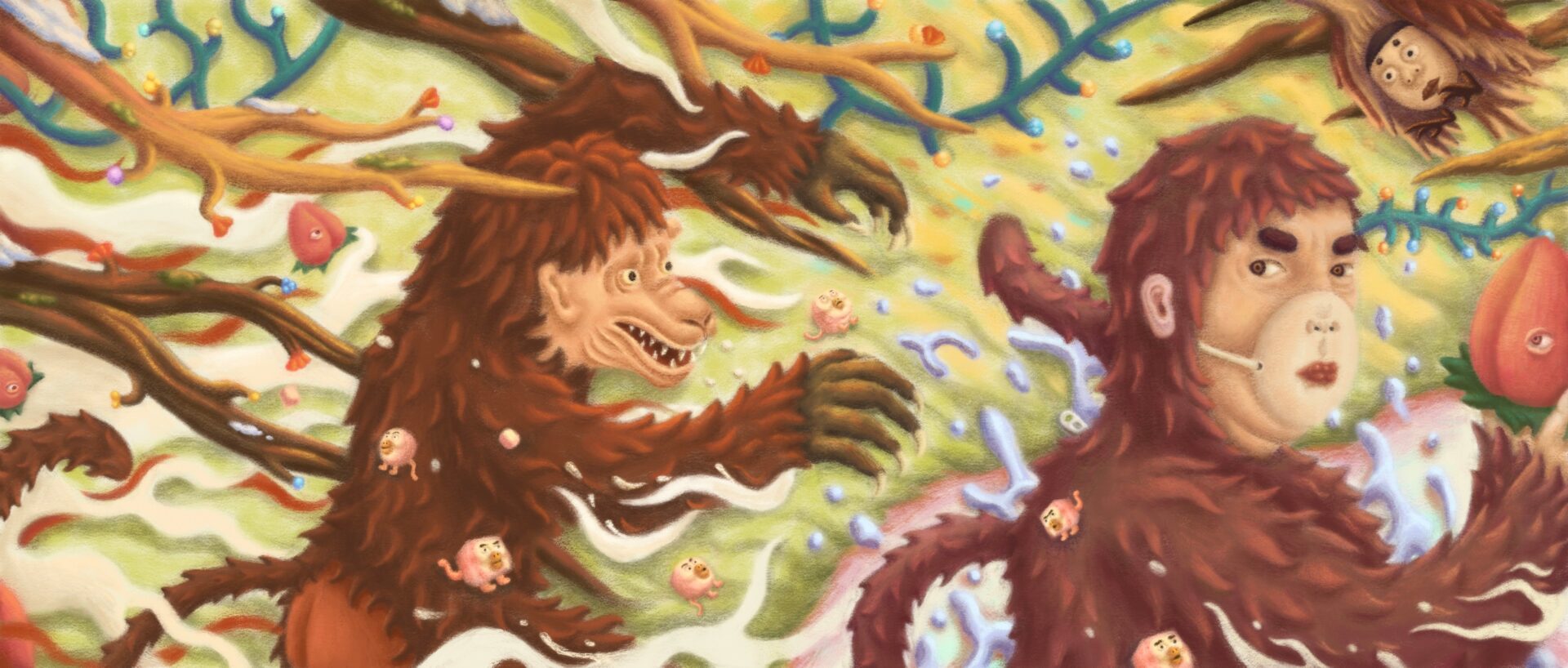
What do you do when you feel overwhelmed? Any advice or strategies?
When I’m feeling anxious, I usually turn to things I enjoy to help myself relax. Once I step out of that stressful headspace, I find that my thoughts become clearer and I’m able to face whatever challenge is in front of me. I also try to stay motivated and focus on my top priorities when I’m in a good mental state. I think everyone has their way of unwinding, but as long as we can stay calm, we’ll be better equipped to handle whatever comes our way.
Contact Info:
- Website: https://zhishen.univer.se
- Instagram: @jasonli83
- Facebook: Zhishen Li
- Linkedin: Zhishen Li
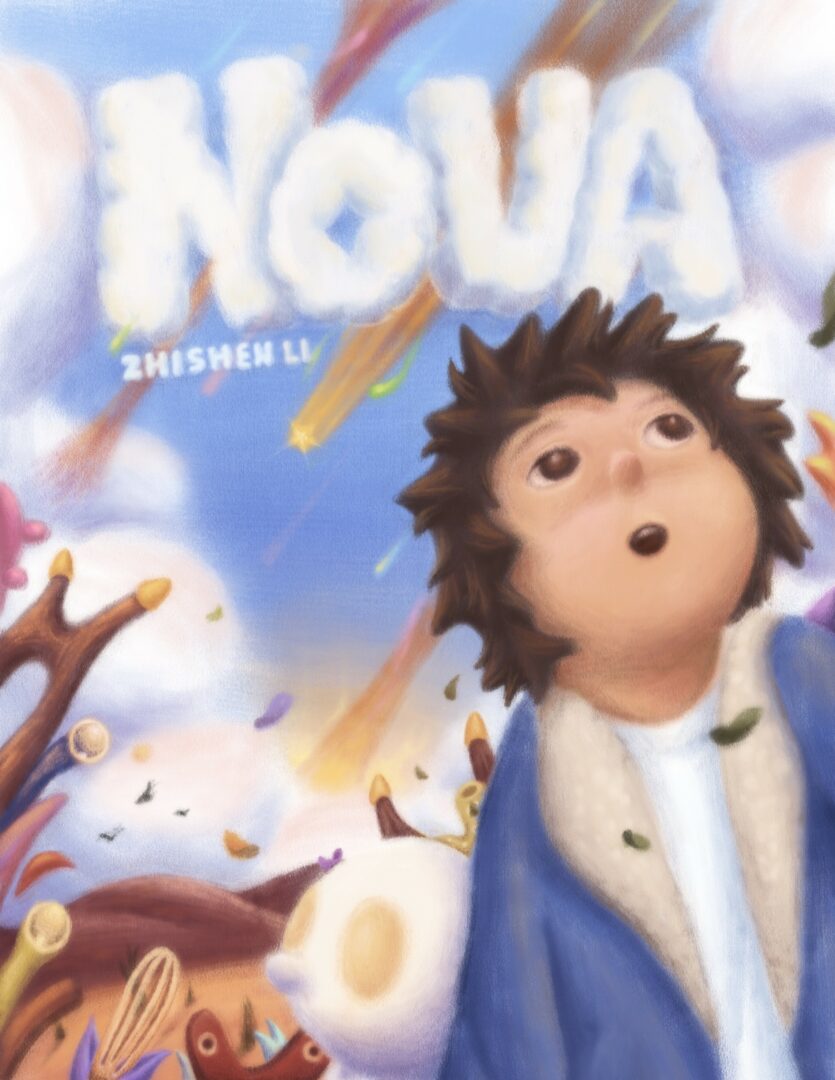
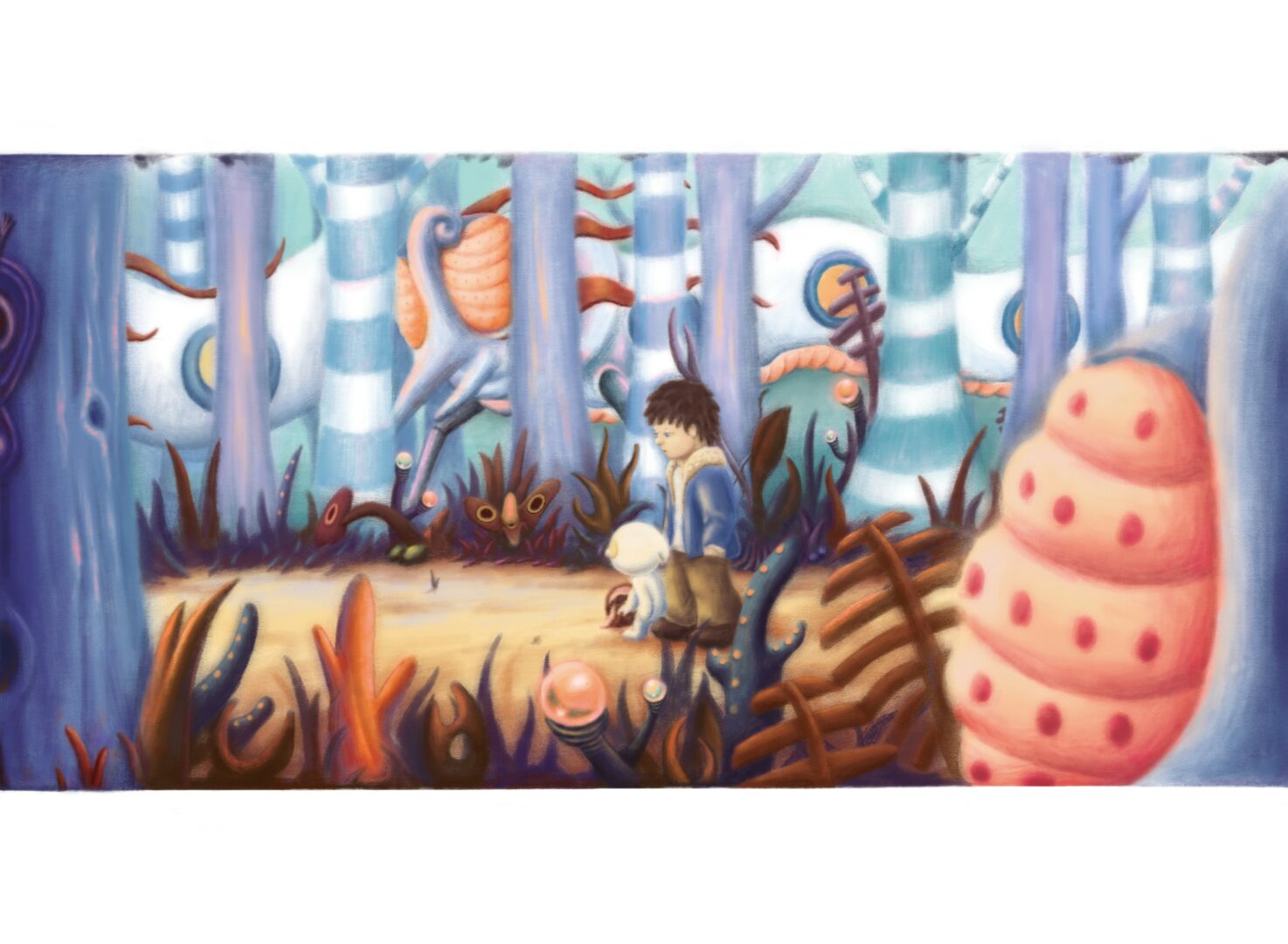
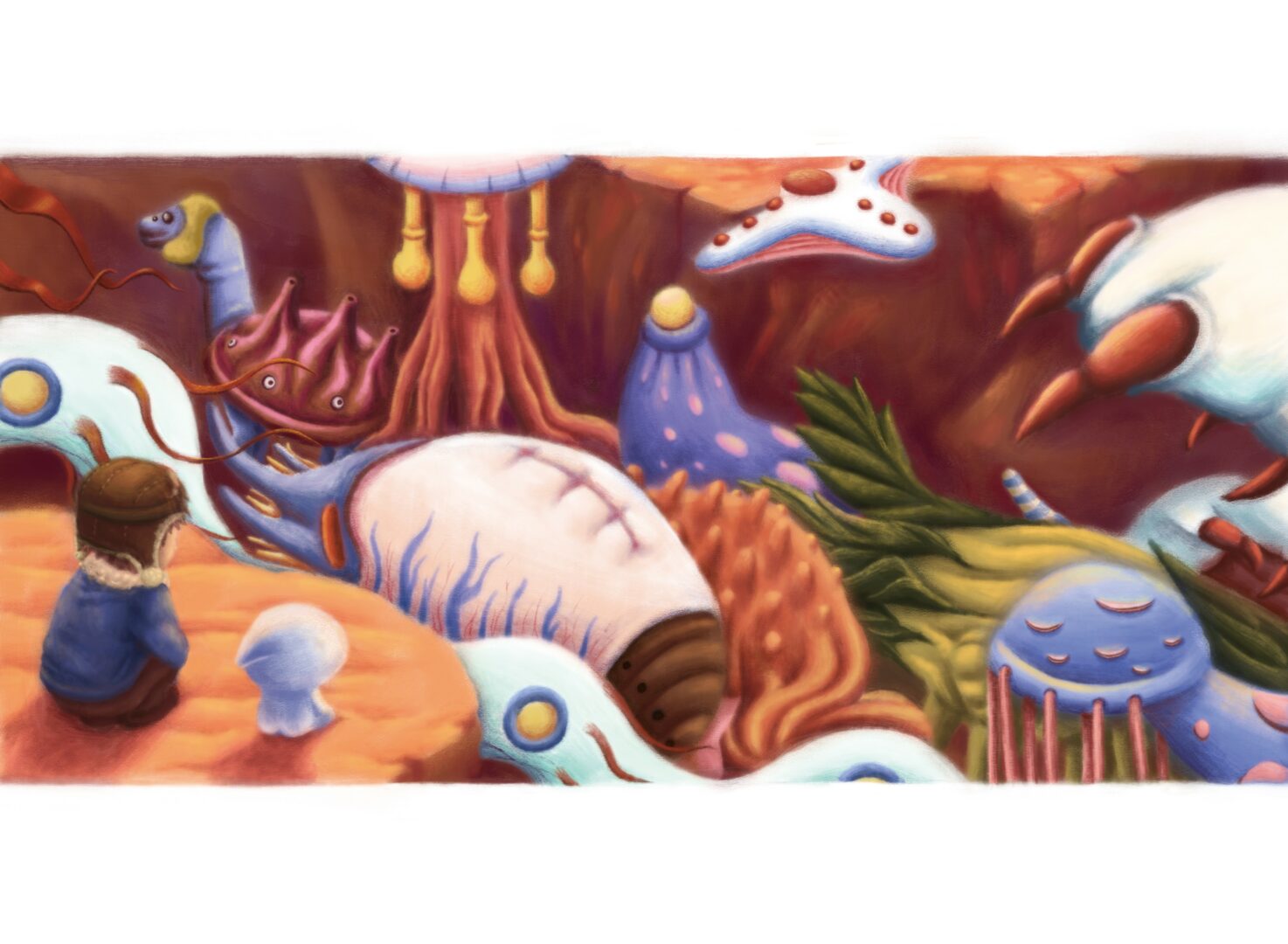
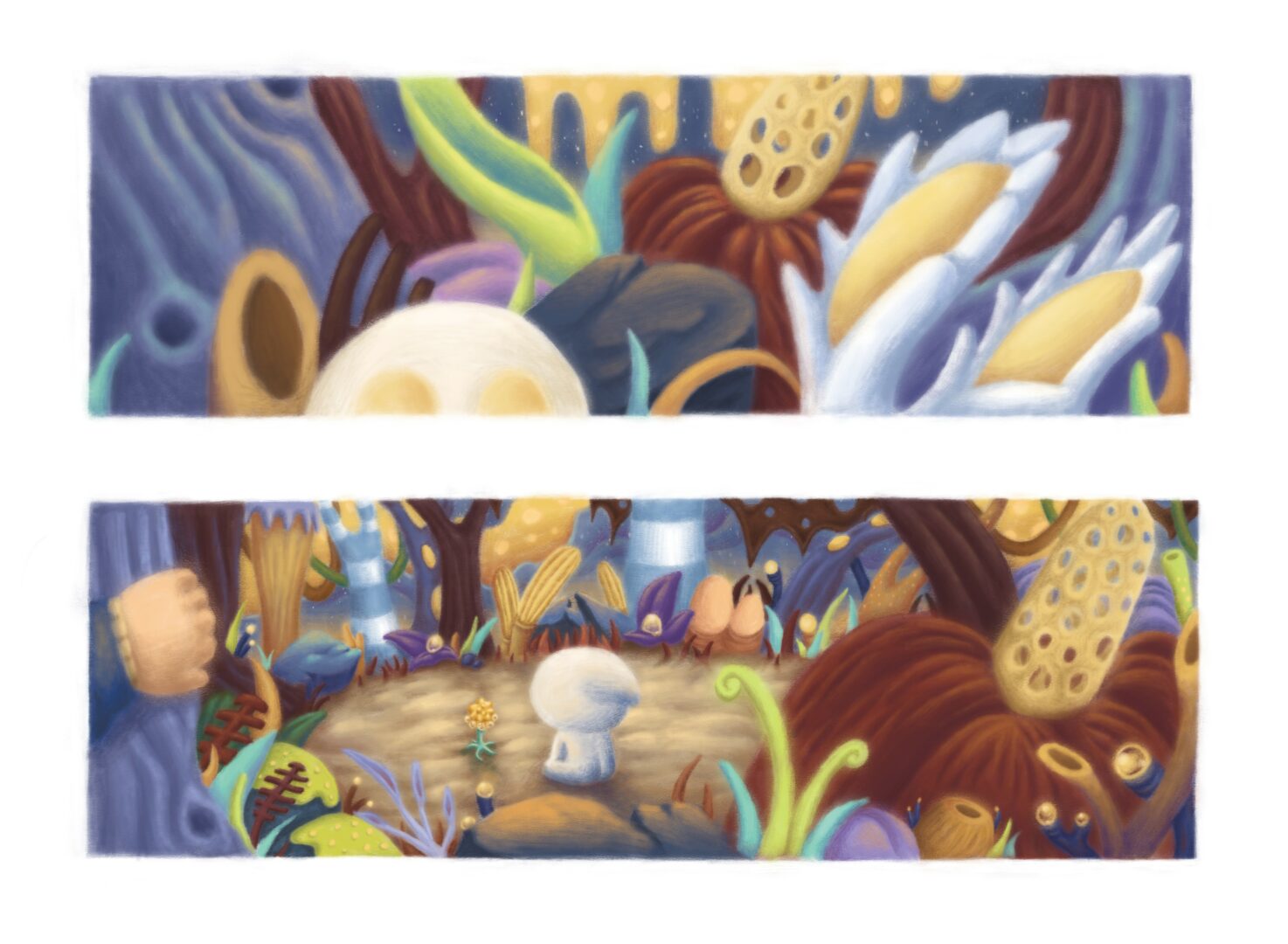
so if you or someone you know deserves recognition please let us know here.

